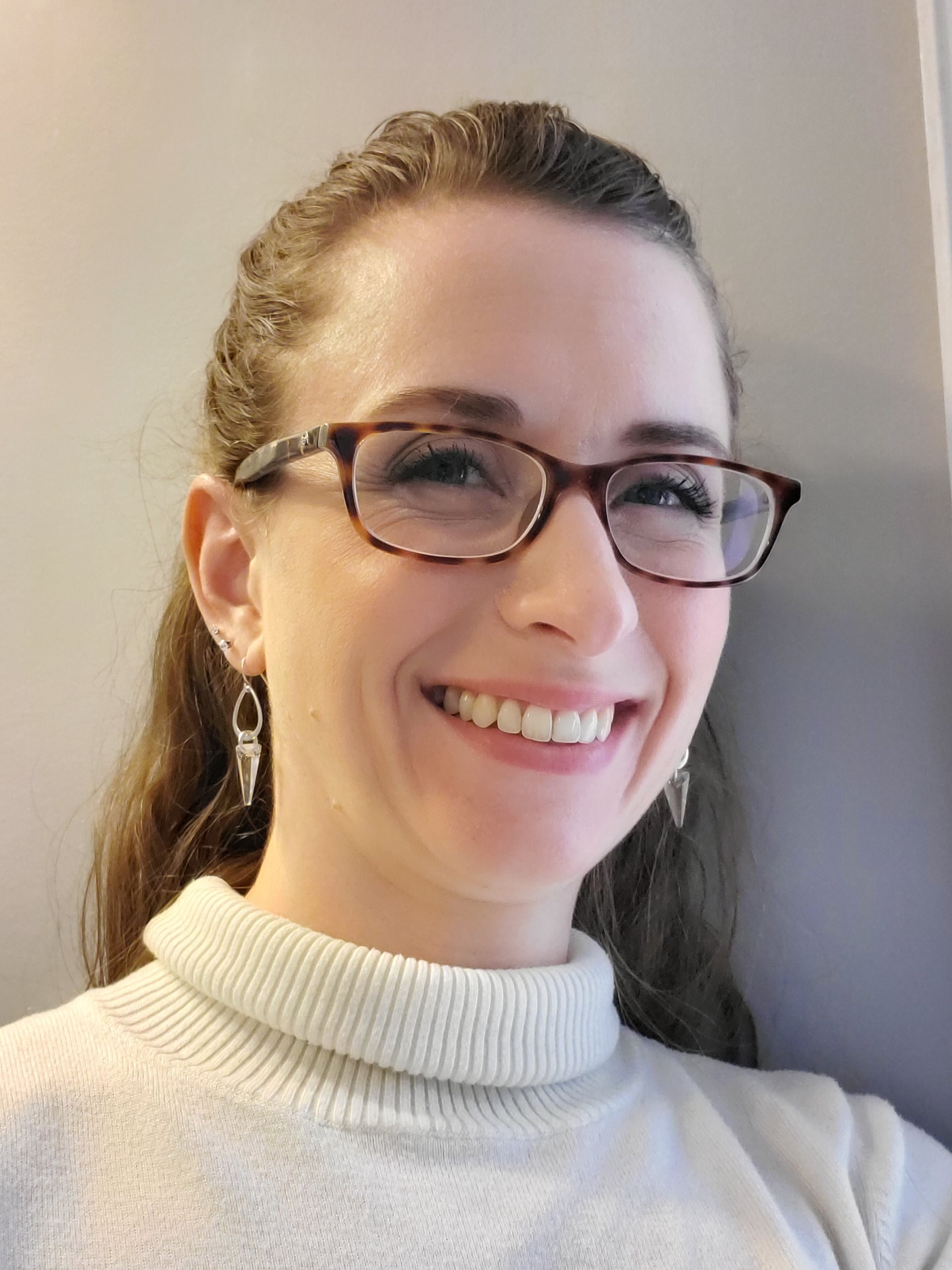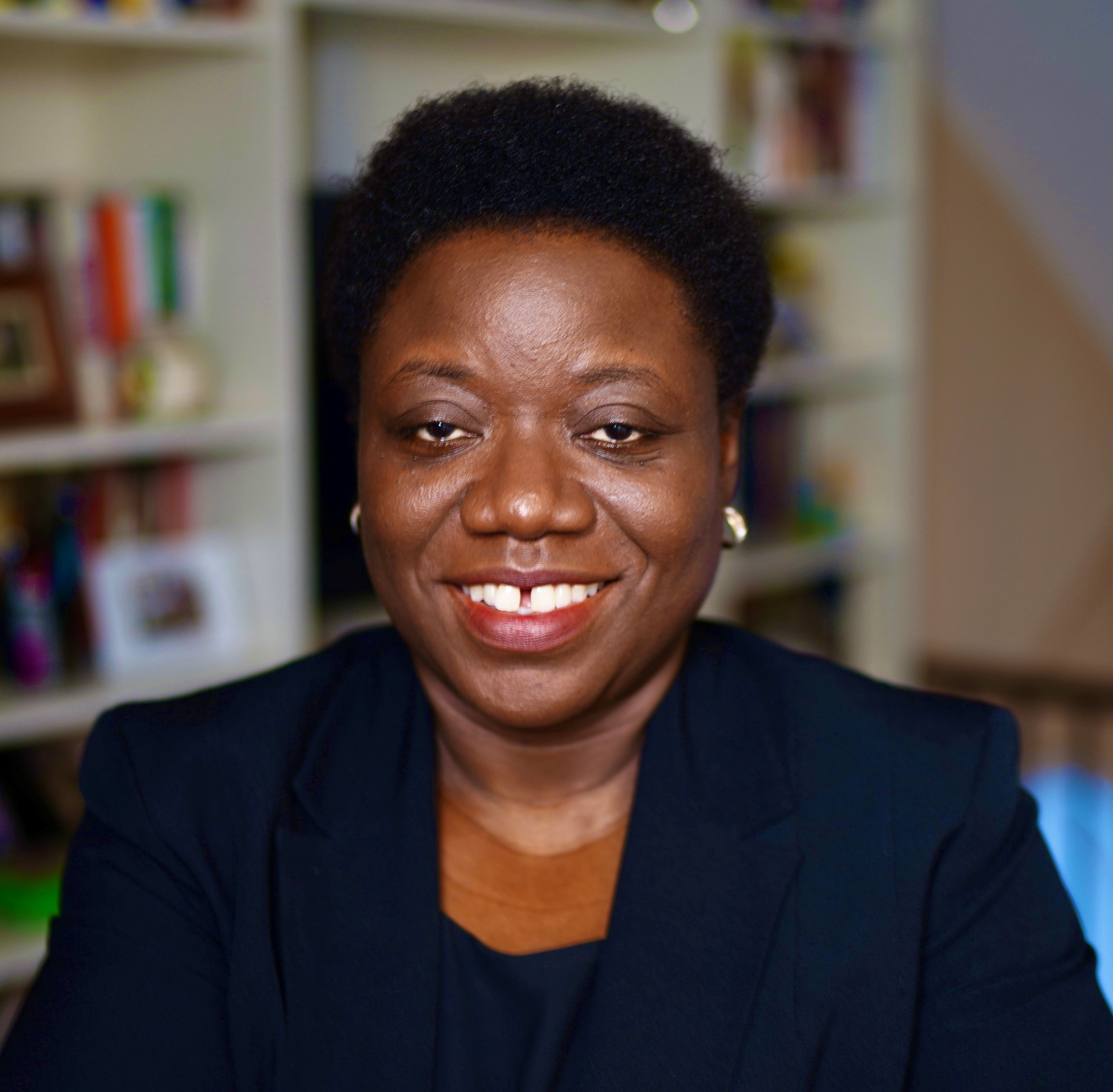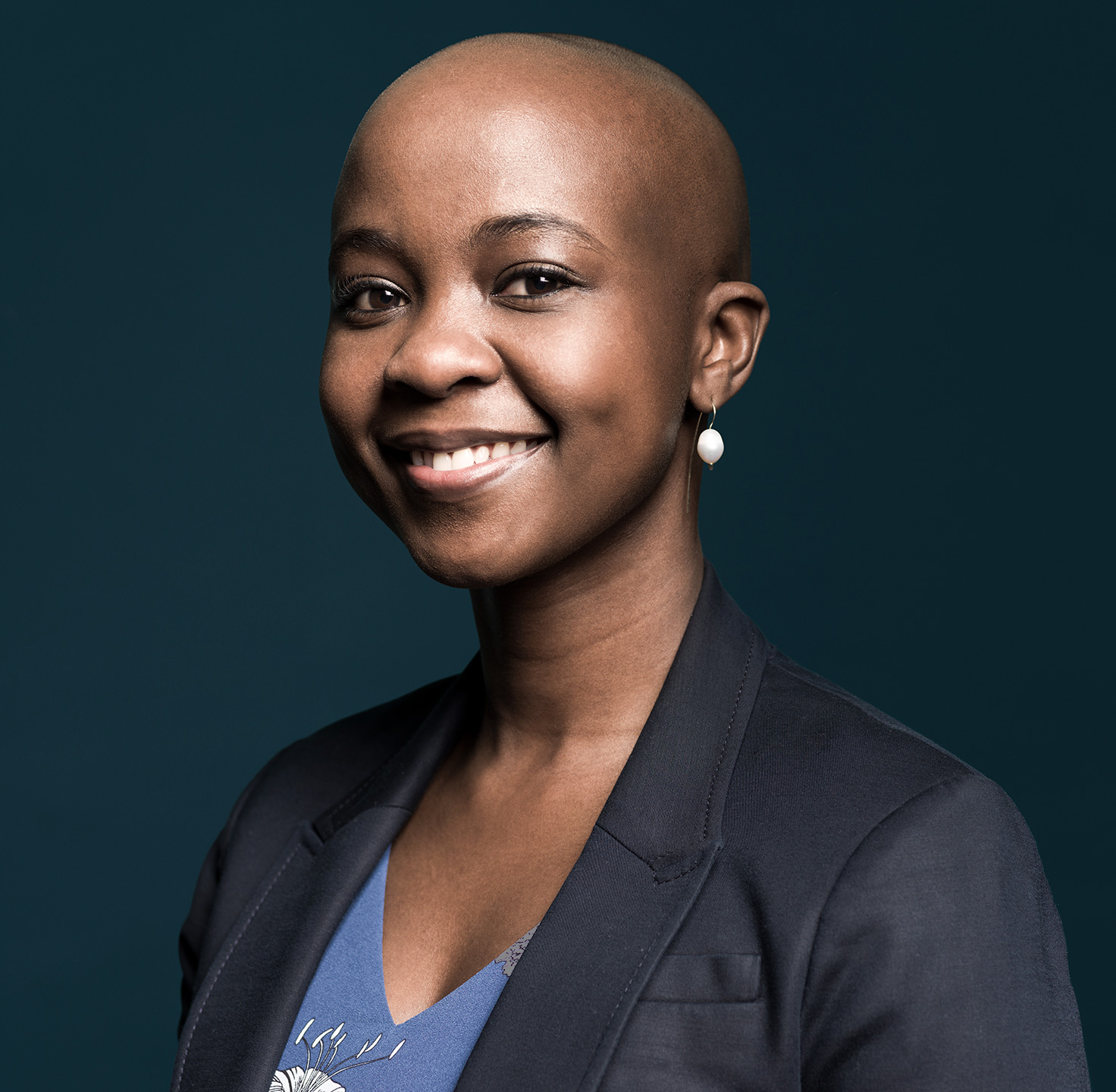Difference between revisions of "CSPS Digital Academy Events/Tackling Data Bias in Artificial Intelligence - Speaker Biographies"
(Created page with "frameless|left|link=https://www.csps-efpc.gc.ca/events/how-use-accelerators-ps/index-eng.aspx File:Join us on gc collab.png|frameless|...") |
|||
| (11 intermediate revisions by the same user not shown) | |||
| Line 1: | Line 1: | ||
| − | [[File:Register for Event Here .png|frameless|left|link=https://www.csps-efpc.gc.ca/events/ | + | [[File:Register for Event Here .png|frameless|left|link=https://www.csps-efpc.gc.ca/events/tackling-artificial-intelligence/index-eng.aspx]] |
[[File:Join us on gc collab.png|frameless|link=https://gccollab.ca/groups/profile/5948757/encanada-school-of-public-service-digital-academyfracadu00e9mie-du-numu00e9rique-de-lu00c9cole-de-la-fonction-publique-du-canada]] | [[File:Join us on gc collab.png|frameless|link=https://gccollab.ca/groups/profile/5948757/encanada-school-of-public-service-digital-academyfracadu00e9mie-du-numu00e9rique-de-lu00c9cole-de-la-fonction-publique-du-canada]] | ||
| − | '''Date and time:''' | + | '''Date and time:''' November 30, 2021 | 1:30 pm to 3:00 pm (ET) <br> |
| − | [https://www.csps-efpc.gc.ca/events/ | + | [https://www.csps-efpc.gc.ca/events/tackling-artificial-intelligence/index-eng.aspx Register for event here] |
<br> | <br> | ||
[https://gccollab.ca/groups/profile/5948757/encanada-school-of-public-service-digital-academyfracadu00e9mie-du-numu00e9rique-de-lu00c9cole-de-la-fonction-publique-du-canada Join us on GCCollab for updates and discussion] | [https://gccollab.ca/groups/profile/5948757/encanada-school-of-public-service-digital-academyfracadu00e9mie-du-numu00e9rique-de-lu00c9cole-de-la-fonction-publique-du-canada Join us on GCCollab for updates and discussion] | ||
| Line 13: | Line 13: | ||
{| class="wikitable" border="1" | {| class="wikitable" border="1" | ||
| | | | ||
| − | [[File: | + | [[File:Erica Vezeau Headshot.jpg|frameless|center]] |
| | | | ||
| − | === | + | === Erica Vezeau (Master of Ceremonies) === |
| − | '''Director | + | '''Director General, Digital Academy, Canada School of Public Service''' <br> |
| − | + | Erica Vezeau is the acting Director General of the Canada School of Public Service’s Digital Academy. She joined this team in March 2021 to support its mandate to help public servants gain the knowledge, skills, and mindsets they need to succeed in the digital age. She has over 15 years of previous private- and public-sector experience in program administration, service delivery, and strategic planning with a special interest in digitally focused projects to modernize business processes and improve government services. | |
|- | |- | ||
| | | | ||
| − | [[File: | + | [[File:Chris Allison.jpg|frameless|center]] |
| | | | ||
| − | === | + | === Christopher Allison === |
| − | ''' | + | '''Chief Data Officer, Public Health Agency of Canada''' <br> |
| − | + | Chris Allison is the Director General of Data Management, Innovation and Analysis and Chief Data Officer at the Public Health Agency of Canada. | |
<br><br> | <br><br> | ||
| − | + | Chris has worked in government for 20 years across operations, policing, immigration, national security, policy, major projects, air travel, open-source, data, development and leadership. | |
| + | <br><br> | ||
| + | He is a self-driven continuous learner who is passionate about people, network analytics and systems - seeing the connections between our people, our environments, our systems and our organizations. | ||
|- | |- | ||
| | | | ||
| − | [[File: | + | [[File:Ima Okonny Photo - CDO.jpg|frameless|center]] |
| | | | ||
| − | === | + | === Ima Okonny === |
| − | '''Chief | + | '''Chief Data Officer, Employment and Social Development Canada''' <br> |
| − | + | Ima, the Chief Data Officer at Employment and Social Development Canada (ESDC), has over 21 years of experience in the field of data. | |
<br><br> | <br><br> | ||
| − | + | She has extensive experience with building the evidence base through the development of analytical databases and tools, implementing departmental data reporting and release strategies, data management, data privacy protocols and with forward-looking policy development and research. | |
<br><br> | <br><br> | ||
| − | + | Ima has an educational background in Mathematics, Computer Programming and Public Management and during her time with the Government of Canada, she has received several nominations and awards for her leadership and results. | |
| + | <br><br> | ||
| + | She is passionate about helping organizations develop the capabilities required to ethically and intentionally unleash concrete business value from data. | ||
|- | |- | ||
| | | | ||
| − | [[File: | + | [[File:Shingai Manjengwa Photo.jpg|frameless|center]] |
| | | | ||
| − | === | + | === Shingai Manjengwa === |
| − | ''' | + | '''Chief Executive Officer and Founder, Fireside Analytics, and Director, Technical Education, Vector Institute for Artificial Intelligence''' <br> |
| − | + | Shingai Manjengwa is the founder and Chief Executive Officer of Fireside Analytics Inc., a data science education solutions company that develops customized programs that teach digital and AI literacy, data science, data privacy, and computer programming to a variety of audiences, including policy makers, practitioners, high school learners and working professionals. Courses by Fireside Analytics have over 500,000 registered learners on platforms like IBM’s CognitiveClass.ai and Coursera. | |
<br><br> | <br><br> | ||
| − | + | A data scientist by profession, Shingai is also the Director of Professional Development/ Technical Education at the Vector Institute for Artificial Intelligence in Toronto, where she translates advanced AI research into educational programming to drive responsible AI adoption and innovation in industry. Shingai serves on the advisory council for, "Accelerating the adoption of AI in healthcare,” a program to empower front-line healthcare workers with AI skills by the Michener Institute of Education at UHN and the Vector Institute. She also serves on the board of the Canada Institute on Governance (IOG). | |
| − | <br> | + | <br><br> |
| − | + | Shingai’s book, ‘The Computer and the Cancelled Music Lessons’ teaches data science to kids from ages 5 to 12 and she holds a Master's degree in Business Analytics from New York University's Stern School of Business. Shingai is the 2020 recipient of the Public Policy Forum, 'Emerging Leader' award. You can find Shingai on LinkedIn and Twitter: [https://twitter.com/tjido @Tjido]. | |
|- | |- | ||
| | | | ||
| − | [[File: | + | [[File:Brent Barron.png|frameless|center]] |
| | | | ||
| − | === | + | === Brent Barron === |
| − | ''' | + | '''Director, Strategic Projects, Knowledge Mobilization, CIFAR''' <br> |
| − | + | Brent Barron is Director, Strategic Projects, Knowledge Mobilization at CIFAR where he is responsible for engaging the policy community around cutting-edge science. He played an important role in the development of the Pan-Canadian Artificial Intelligence Strategy, and oversaw its AI & Society program, examining the social, ethical, legal, and economic effects of AI. In addition, he was seconded to the University of Toronto’s Schwartz Reisman Institute for Technology and Society to support the Institute’s launch. Previously, Brent held a variety of positions in the Ontario Public Service, including in the Ministry of Research, Innovation and Science. | |
<br><br> | <br><br> | ||
| − | + | Brent holds a Master’s in Public Policy from the University of Toronto, as well as a Bachelor’s in Media Studies from Western University. | |
| − | |||
| − | |||
| − | |||
| − | |||
|- | |- | ||
| | | | ||
| − | [[File: | + | [[File:Sevgui Erman Headshot.jpg|frameless|center]] |
| | | | ||
| − | === | + | === Sevgui Erman === |
| − | ''' | + | '''Director, Chief Data Scientist, Statistics Canada''' |
| − | + | Sevgui Erman is Chief Data Scientist and Senior Director of Data Science at Statistics Canada. She is passionate about technology, big data, artificial intelligence (AI), and its use for public good. She has experience in developing algorithms and systems in the private, public and academic sectors. Prior to joining Statistics Canada, Sevgui worked as technical project manager within Ericsson 4G Wireless LTE as well as Nortel Networks Optical R&D. She has experience in bringing academic research into practical applications. Sevgui holds a PhD from the University of Paris-Sud in Signal processing & System control, two areas that have strong links to AI. | |
| + | <br><br> | ||
| + | In early 2018 Sevgui has spearheaded the creation of a machine learning (ML)/AI solutions Hub within Statistics Canada, i.e. the Data Science Accelerator (DSA). Its purpose: to build data science capacity within the organization by solving concrete problems & delivering practical results that enable clients to move forward confidently with big & unstructured data. The DSA operated as a start-up, entirely business needs driven, on a cost-recovery basis, taking advantage of entrepreneurship best practices, catalyzing culture change through delivery of small wins, building confidence and trust in the new methods. In Sep 2019, Sevgui was appointed as the Senior Director of the new Data Science Division, created to provide an R&D nucleus for the exploration and the application of data science within the Agency. The division deploys specialized multidisciplinary expertise in the latest open source, hardware and Cloud service techniques to tackle projects employing deep learning, Natural Language processing, image processing, privacy preserving technics and information retrieval methods. | ||
| + | |- | ||
| + | | | ||
| + | [[File:Karen Eltis.jpg|frameless|center]] | ||
| + | | | ||
| + | === Karen Eltis === | ||
| + | '''Law Professor, University of Ottawa Centre for Law, Technology and Society'''<br> | ||
| + | Karen Eltis is a Faculty member at the University of Ottawa Centre for Law, Technology and Society and a Full Professor of Law within the Faculty of Law, Civil Law Section. She is a past Affiliate with Princeton’s CITP (Center for Information Technology Policy) 2016-2018. A past director of the uOttawa Human Rights Centre, Karen Eltis specializes in artificial intelligence/ innovation law and policy and cybersecurity from a comparative perspective. She served as Senior Advisor to the National Judicial Institute and has taught at Columbia Law School. Fluent in French, English, Hebrew, Spanish and Romanian and proficient in German and Italian, Karen Eltis holds law degrees from McGill University, the Hebrew University of Jerusalem and Columbia Law School (Harlan Fiske Stone Scholar). Prior to joining the faculty at the University of Ottawa, Karen was a litigation associate in New York City. Her research was twice cited by the Supreme Court of Canada (in the landmark case A.B. v. Bragg, 2012 and in '''Quebec (Attorney General) v. 9147-0732 Québec''' inc. 2020 SCC 32) and other Canadian and foreign courts. Karen’s latest book is titled “Courts, Litigants and the Digital Age: Second Edition” (Irwin Law, 2016) supported by the CIRA grant. Her research on Artificial Intelligence and Expression is supported by the Foundation for Legal Research. | ||
|- | |- | ||
| − | |||
|} | |} | ||
__notoc__ | __notoc__ | ||
| − | [[fr:Événements de l'Académie du numérique de l'ÉFPC/ | + | [[fr:Événements de l'Académie du numérique de l'ÉFPC/S'attaquer aux biais de données en intelligence artificielle - Biographies des conferenciers]] |
Latest revision as of 15:20, 19 November 2021
Date and time: November 30, 2021 | 1:30 pm to 3:00 pm (ET)
Register for event here
Join us on GCCollab for updates and discussion
Speaker Biographies
Erica Vezeau (Master of Ceremonies)Director General, Digital Academy, Canada School of Public Service | |
Christopher AllisonChief Data Officer, Public Health Agency of Canada | |
Ima OkonnyChief Data Officer, Employment and Social Development Canada | |
Shingai ManjengwaChief Executive Officer and Founder, Fireside Analytics, and Director, Technical Education, Vector Institute for Artificial Intelligence | |
Brent BarronDirector, Strategic Projects, Knowledge Mobilization, CIFAR | |
Sevgui ErmanDirector, Chief Data Scientist, Statistics Canada
Sevgui Erman is Chief Data Scientist and Senior Director of Data Science at Statistics Canada. She is passionate about technology, big data, artificial intelligence (AI), and its use for public good. She has experience in developing algorithms and systems in the private, public and academic sectors. Prior to joining Statistics Canada, Sevgui worked as technical project manager within Ericsson 4G Wireless LTE as well as Nortel Networks Optical R&D. She has experience in bringing academic research into practical applications. Sevgui holds a PhD from the University of Paris-Sud in Signal processing & System control, two areas that have strong links to AI.
| |
Karen EltisLaw Professor, University of Ottawa Centre for Law, Technology and Society |









